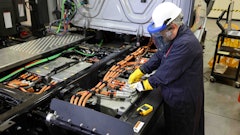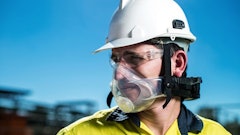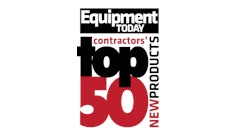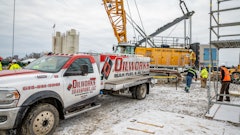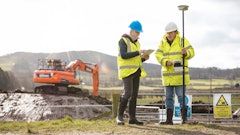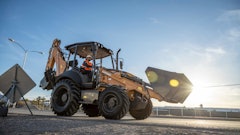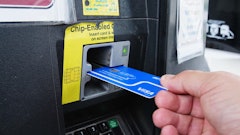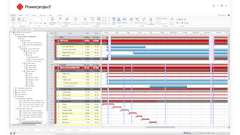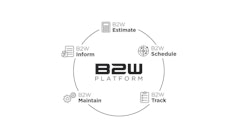
Embracing mobile fueling might be a new concept for fleet operators. However, the numerous benefits it brings make the implementation effort truly worthwhile. A growing number of operators now recognize mobile fueling as not just a viable, but a highly positive, addition to their fleet management strategy. The convenience it offers by eliminating the need for detours during refueling may enhance fleet productivity, saving both time and mileage. Moreover, mobile fueling is a positive force for sustainability, contributing to a reduction in unnecessary fuel consumption and offers access to alternative fuels that might not be available at a local gas station.
For example, Geotab reported that for a fleet of 100 vehicles, each vehicle drives about 2.2 miles out of the way to fill up and each gas station stop adds more than 20 minutes to each trip, with nearly eight fill-ups a month. Potential savings include over 3,000 hours of fueling and over 20,300 miles of fueling trips.
Additionally, mobile fueling offers a variety of fuel for all types of fleets, from gasoline to diesel and alternative fuels such as renewable diesel that can help fleet decarbonization efforts. These are conveniently delivered to fleets and technicians provide no-contact service, meaning that service personnel will refill vehicles while ensuring full safety and professional measures are met.
But before that can happen, permitting is required for allowing fueling trucks on-site, along with securing the proper requirements, which is a necessary aspect of implementation. Permitting plays a pivotal role in ensuring the safety, legality and adherence to local and state regulations, guaranteeing that businesses are operating to the highest standards for the safety of the public and environment. The process acts as a protective measure: without the proper permits, the implementation of mobile refueling may encounter setbacks, penalties and even legal repercussions.
While time and cost savings are the broader benefits of mobile fueling, the permitting process elevates safety as its most immediate gain. A fleet lot that has obtained the necessary permits and approvals can be safer for drivers and employees. Compliance with regulations can help guarantee that a fleet is operating to meet safety and environmental standards.
Permitting can be cumbersome for those who don’t know where to start. Mobile fueling businesses understand the need to have a knowledgeable permitting professional on staff and offer their expertise as part of mobile fueling services.
For example, mobile fueling provider Shell TapUp obtains the permit for the customer in a seamless process.
“My responsibilities typically involve laws and regulations that come into play when reviewing permits, submitting requests for plans and reports, and coordinating with local, state, and internal teams,” Marielena Salazar, permitting lead for Shell TapUp said. “I research and verify requirements with different entities on behalf of a customer to obtain proper permits in a role that can be fast paced. It certainly requires attention to detail, but I enjoy working in a dynamic environment with constant challenges.”
Since the duration of the permitting approval process may fluctuate depending on the jurisdiction, it’s important to be familiar with the approval timeline to avoid delays (via Shell TapUp):
Step 1: Evaluation
The initial phase involves an evaluation of the premises to ensure the site meets the National Fire Protection Association (NFPA) and International Fire Code (IFC) requirements.
Step 2: Jurisdiction Requirements
The permitting process begins, inclusive of submitting detailed image of the premises and documents for further board review.
Step 3: Review & Clearance
Once the proper departments have reviewed and given approval, an official inspection date for the site and vehicles will be scheduled. At the end of this phase, the permit is issued, allowing onsite fuel dispensing to begin.
Safety doesn’t end with obtaining proper permits. Customer sites are inspected and assessed for safe operations before service is initiated by the mobile fueling technicians, working with customers to promote a safe environment for all. That includes fueling demonstrations for fleet drivers, employees and local safety officials and regular reviews of the workplace to maintain set standards.






